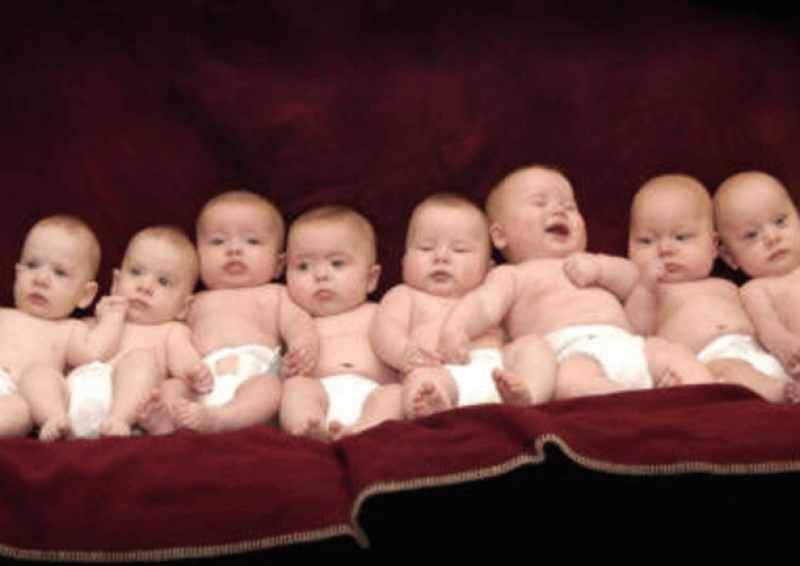It’s a nightmare scenario straight out of a primetime drama: a child-seeking couple visits a fertility clinic to try their luck with in-vitro fertilization, only to wind up accidentally impregnated by the wrong sperm.
In a fascinating legal case out of Singapore, the country’s Supreme Court ruled that this situation doesn’t just constitute medical malpractice. The fertility clinic, the court recently ruled, must pay the parents 30% of upkeep costs for the child for a loss of ‘genetic affinity.’ In other words, the clinic must pay the parents’ child support not only because they made a terrible medical mistake, but because the child didn’t wind up with the right genes.
…
At a time when rapidly advancing science and technology puts things like genetically engineering embryos to prevent disease in the realm of reality, the case sets an intriguing precedent. First, it places a monetary value on the amount of DNA that a child shares with their parents. And it suggests that the base genetic makeup of a child can actually be ‘wrong.’
The GLP aggregated and excerpted this blog/article to reflect the diversity of news, opinion, and analysis. Read full, original post:Can Parents Sue If Their Kid Is Born With the ‘Wrong’ DNA?
For more background on the Genetic Literacy Project, read GLP on Wikipedia































